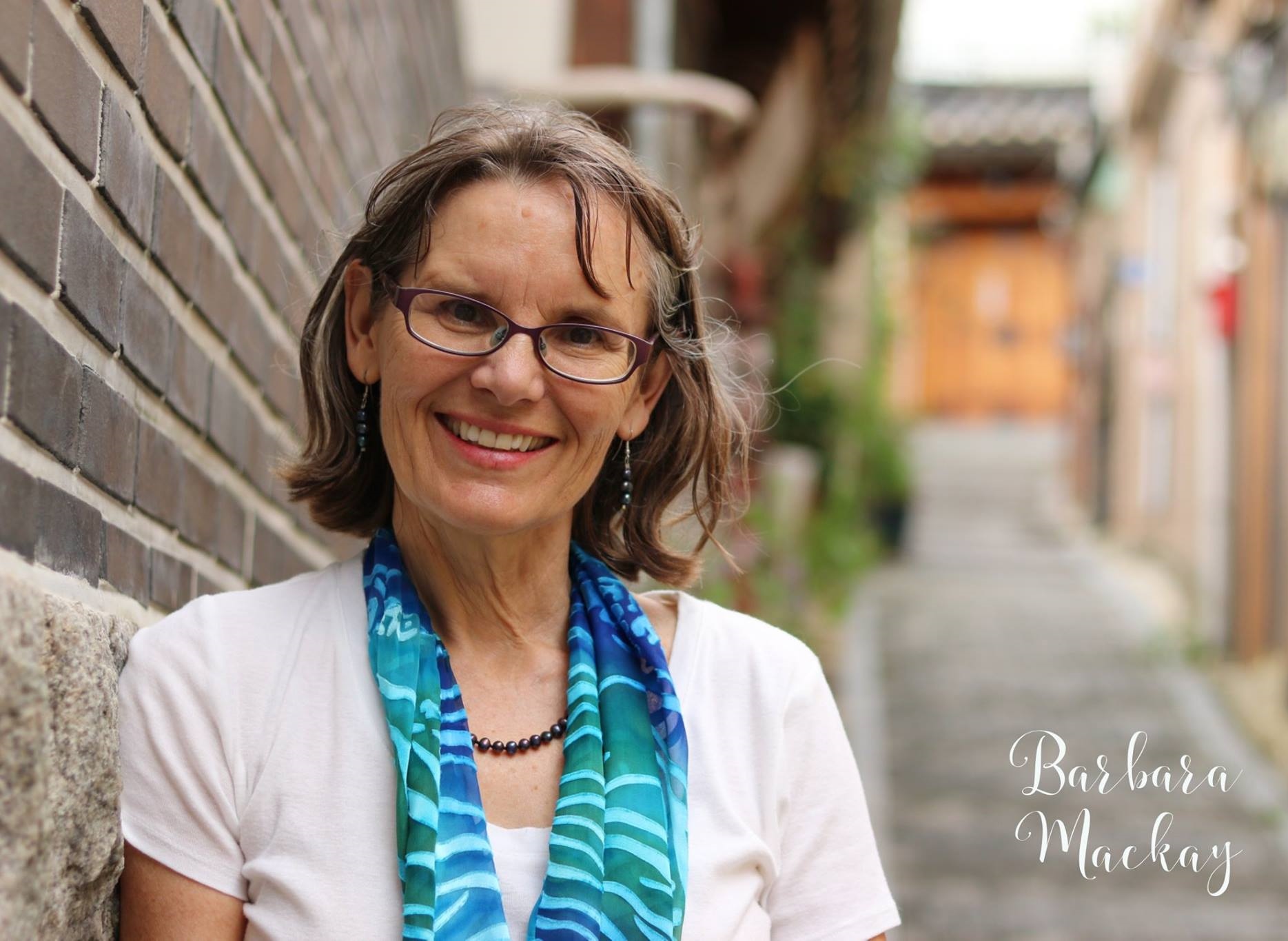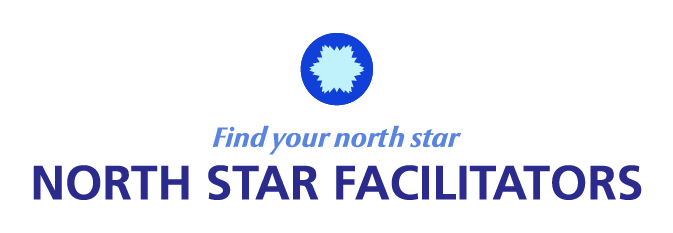Tips of Wisdom for Teams

These ten tips are from a short article by Cyprian D’Souza (see bio and contact info below) who worked for many many years doing work for the Institute of Cultural Affairs. He has summarized best practices from his vast experience working collaboratively. I found this print version of the article while doing a major overhaul of material I have had sitting on my office shelves for decades.:( In a lifetime of work in village development, service organizations, and corporation consulting, Cyprian has acquired a goldmine of wisdom about teamwork. Here he gives his learnings in ten brief points. This is such a gem. I am offering it pretty much in its original state with just a few comments from me.
Cyprian says: “When deciding to take on a significant project at work, in the community, or the society, few things empower one more than having a team to work with. If you are the leader, mentor or animator of a team, you can lean on a considerable body of wisdom on what makes a team operate effectively.”
1. Team Composition – Voluntary and Committed
Every member of a team is essentially a volunteer. This type of responsibility is often only designated if your position in the organization demands that you be on the team. Even in these cases, it is better to treat all team members as volunteers. There needs to be a clear understanding of the commitment required: full responsibility for the entire task and attendance at all team meetings. I would add that done well, everyone wants to be committed and you need to make it easy and compelling to stay committed. And, if a team member absolutely cannot attend, she/he can input to the key questions to be addressed before the meeting. This implies as the team leader, you might do the remaining nine things to keep them engaged and committed. Another sub-tip: always involve them in setting the agenda in advance so they do pre-thinking about it and arrive prepared.
2. Learning and Using Participatory Methods
 ICA’s ToP (Technology of Participation) Methods are critical for effective results. Build skills in participatory conversations, brainstorming, consensus, strategic and action planning, and decision-making processes. He recommended the ToP book, Winning Through Participation, by Laura Spencer as a good training tool. Since then there have been multiple books published by ICA Associates in Canada in particular. I would add “The Art of Focused Conversation Book”, “The Workshop Book: From Individual Creativity to Group Action”, and “Transformational Strategy: Facilitation of ToP Participatory Planning” and of course, online or in-person training in these methods offered around the world (including here in Portland).
ICA’s ToP (Technology of Participation) Methods are critical for effective results. Build skills in participatory conversations, brainstorming, consensus, strategic and action planning, and decision-making processes. He recommended the ToP book, Winning Through Participation, by Laura Spencer as a good training tool. Since then there have been multiple books published by ICA Associates in Canada in particular. I would add “The Art of Focused Conversation Book”, “The Workshop Book: From Individual Creativity to Group Action”, and “Transformational Strategy: Facilitation of ToP Participatory Planning” and of course, online or in-person training in these methods offered around the world (including here in Portland).
3. Balanced Meetings
 Most meetings need to include: (a) a brief conversation on a current event, or reflection on a reading unrelated directly to the present task. It creates “distance” and sets a good tone for the meeting. Also (b) reporting, usually brief and to the point; (c) planning, usually some type of brainstorming on issue identification or resolution; (d) clarifications and assignments. An hour is usually adequate for a well facilitated meeting.
Most meetings need to include: (a) a brief conversation on a current event, or reflection on a reading unrelated directly to the present task. It creates “distance” and sets a good tone for the meeting. Also (b) reporting, usually brief and to the point; (c) planning, usually some type of brainstorming on issue identification or resolution; (d) clarifications and assignments. An hour is usually adequate for a well facilitated meeting.
My addition: I like to start with a positive opening question such as: “what is a good thing going on in your work or life you’d be be willing to share with all of us?” Setting a hopeful tone to the start of all your team encounters ensures connection. Team members also will likely be more receptive if later, one of the members has a very different perspectives on a topic or project.
4. Exquisite Working Decor
 Your meeting space is the home of the team spirit. Well constructed, colourful charts, graphs and assignment lists impart a keen sense of intentionality and discipline to the team. Keep them up to date and beautiful. Always have the room looking inviting and clean. My added note: This can be SO helpful to honoring the work you will do, showing respectfulness to the team, and ensuring clear, sharp minds.
Your meeting space is the home of the team spirit. Well constructed, colourful charts, graphs and assignment lists impart a keen sense of intentionality and discipline to the team. Keep them up to date and beautiful. Always have the room looking inviting and clean. My added note: This can be SO helpful to honoring the work you will do, showing respectfulness to the team, and ensuring clear, sharp minds.
5. Care for the Intellectual Life
Build in a regular study of contemporary thought, related to the team’s chosen arena of social involvement. Use a book, or a series of articles, or video discussions. My sidebar: This is a lost art – I’ve seen this done in many ICA meetings. It enriches the soul to hear uplifting stories or practices. They inspire and inform the team’s work but are not necessarily directly related to it. This practice, even done occasionally, will keep your team creative, help them make innovative connections, and stay mission-focused.
6. Use Contexts for Everything
Begin all introductions and reporting with a brief context answering the necessary questions of what, why, where, when and how, especially why. A good rule of thumb for agendas is “the future before the past” and “the big picture before the details.” I say: Yes! Super important. Everyone now is on the same page instead of critical decisions made in a vacuum.
7. Use Victory Lists
 When doing action reporting, get out all accomplishments, no matter how small. List them so all can see. The builds a sense of accomplishment and momentum. My experience would add: use different visual/props to register accomplishments. Have fun stickers, cut out stars, paper balloons, multi-colored index cards to write out accomplishments. Use your imagination.
When doing action reporting, get out all accomplishments, no matter how small. List them so all can see. The builds a sense of accomplishment and momentum. My experience would add: use different visual/props to register accomplishments. Have fun stickers, cut out stars, paper balloons, multi-colored index cards to write out accomplishments. Use your imagination.
8. Pay Attention to Energy
All actions use energy and give energy, but not all have the same energy. Use the energy of each task to build the field energy of the team. Don’t let meetings become a dull, regular set of agenda items marched through at the same pace. Me: I LOVE this last sentence! I am not sure exactly what “field energy” means, but I am imagining it to be the aura of energy emitting from the team.
9. Honour Everyone
Find ways to let the spotlight fall one everyone. Get people on their feet reporting or leading and make sure the report is affirmed. While recognizing individuals, keep the focus on the team effort. we as facilitators know how to do this. Do you as the leaders know a few tricks on doing this well. If not, get our Meetings that Rock Light virtual course!
10. Celebrate as a Team
 Find opportunities for regular team celebrations. Build in spontaneous and surprising events. Have fun. Assess your team’s spirit by the amount of laughter and smiles present. I would add: measure spirit also by how each person takes care of the others – not just the leader. I do not mean hand-holding or creating co-dependence but genuine empathy or acts of service when someone really needs it.
Find opportunities for regular team celebrations. Build in spontaneous and surprising events. Have fun. Assess your team’s spirit by the amount of laughter and smiles present. I would add: measure spirit also by how each person takes care of the others – not just the leader. I do not mean hand-holding or creating co-dependence but genuine empathy or acts of service when someone really needs it.
About the Author
Cyprian D’Souza is a co-founder of Nucleus Insights. Prior to this, he was the Chief People Officer for Capgemini’s Financial Services Business Unit. He was the founding member of Kanbay, a software services firm headquartered in Chicago. Cyprian managed their India operations and the global people and strategy functions.
His foundation in the areas of human development started with his long stint at the Institute of Cultural Affairs (ICA), a not for profit organization headquartered in Brussels. ICA, focused on developing methodologies and frameworks for successful functioning of teams, companies and communities. He was part of ICA’s Global Executive Council, where he worked across 40 countries.
Cyprian has extensive practical experience in building organizations, nurturing people and ensuring that a consistent culture is built even while scaling up. Kanbay was a live example of an organization with a unique culture that sustained over the years.
Nucleus Insights (nu-i) is a culmination of experience across corporate and non-corporate set up. It brings the distilled wisdom from years of practice to help individuals, teams and organizations that are on a journey of transformation.
At nu-i, Cyprian helps organisations get re-energised by guiding the senior executive teams to create long term shared vision and execute strategies as a team; facilitates companies to define their corporate culture and build processes to create and sustain it. He is personally passionate about developing leaders for the future. This involves him working with large teams of managers, equipping them with life skills that help them become effective leaders at work and in life. He has helped build strong diversity initiatives in various companies, with specific focus on developing women leaders.
Find him on LinkedIn: https://www.linkedin.com/in/cypriandsouza/
Here’s one of his latest blogs on the same topic that I thought was beautiful: https://www.linkedin.com/pulse/spirit-unleashed-when-cyprian-d-souza/

